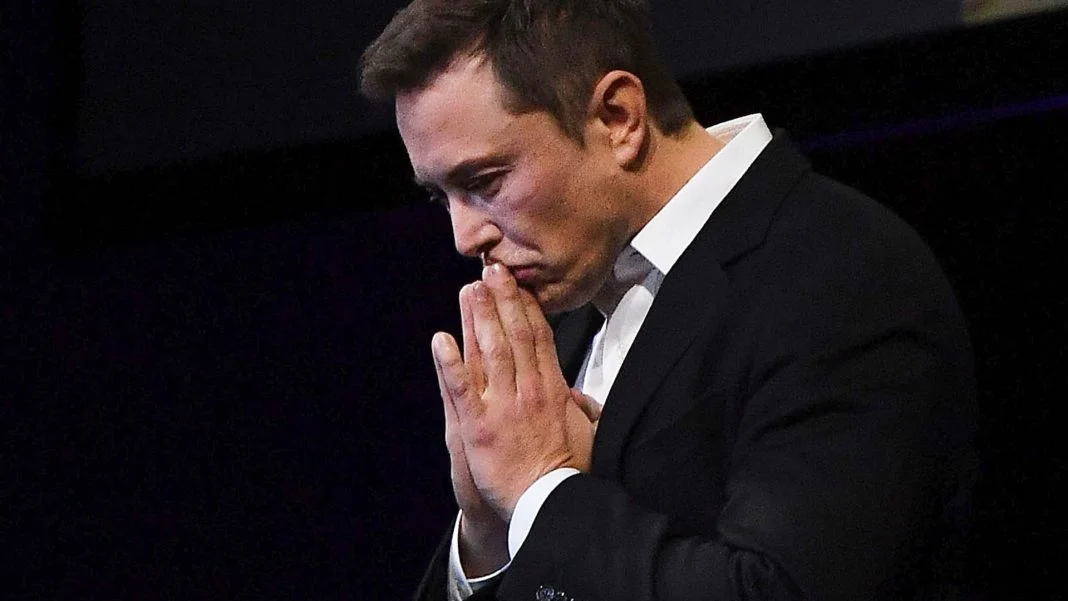In a surprising turn of events, Elon Musk, the renowned entrepreneur known for his ventures in electric cars and space exploration with SpaceX, has taken legal action against OpenAI, an artificial intelligence research lab he once co-founded. Musk’s lawsuit alleges that OpenAI has strayed from its original mission of developing beneficial, non-profit AI accessible to all, instead prioritizing profit-making endeavors under the backing of tech giant Microsoft.
Elon Musk Allegations against OpenAI
Musk’s accusations revolve around OpenAI’s shift in focus since its inception. Initially envisioned as a platform for advancing AI for the betterment of humanity, the company’s association with Microsoft has raised concerns about its trajectory. Musk contends that OpenAI, particularly with its flagship language model ChatGPT, has veered away from its altruistic origins towards serving the interests of its investors.
Details of the Lawsuit
The lawsuit, filed in San Francisco, outlines Musk’s demands from OpenAI. Firstly, he seeks to compel the organization to make its research and technological advancements publicly available. This move aims to democratize access to AI knowledge, fostering broader development and innovation in the field. Additionally, Musk calls for restrictions on the use of OpenAI’s most advanced AI model, GPT-4, to prevent any exploitation for financial gain by both Microsoft and individuals associated with OpenAI.
Elon Musk’s Concerns about AI
Musk’s apprehensions about the implications of AI development are not new. He has long been vocal about the potential risks posed by unchecked AI advancements, advocating for regulatory frameworks to govern its usage. His decision to step down from OpenAI’s board in 2018 reflects his reservations about the direction the organization was heading, particularly concerning its collaboration with Microsoft.
Implications of the Legal Battle
The legal dispute between Musk and OpenAI underscores the complexities surrounding AI development and deployment. It raises pertinent questions about the ethical responsibilities of organizations in harnessing AI’s potential and the extent of corporate influence in shaping its trajectory. The outcome of this legal battle could significantly impact the future landscape of AI research and innovation.
Elon Musk’s xAI Venture
Amidst the legal proceedings, Elon Musk continues to pursue his own AI initiatives through xAI, his independent AI venture. xAI’s mission statement emphasizes the creation of AI systems driven by truth-seeking principles, contrasting with the profit-oriented approach allegedly adopted by OpenAI. Recently, xAI unveiled Grok, its ChatGPT competitor, which garnered attention for its unconventional response, revealing the actual recipe for a drug when prompted.
Conclusion
The lawsuit filed by Elon Musk against OpenAI marks a pivotal moment in the ongoing discourse surrounding the ethics and governance of AI technology. It highlights the tension between commercial interests and societal welfare in AI development, urging stakeholders to reevaluate their priorities and commitments to responsible innovation.
FAQs:
- Is Elon Musk’s lawsuit against OpenAI justified?
- Musk’s concerns about OpenAI’s deviation from its original mission are valid, considering the significant implications of AI development.
- What could be the repercussions of OpenAI’s focus on profit-making?
- It may hinder the democratization of AI knowledge and lead to potential misuse of advanced AI technologies for financial gain.
- How does Microsoft’s involvement affect OpenAI’s direction?
- Microsoft’s backing may influence OpenAI’s priorities, raising questions about the organization’s autonomy and ethical stance.
- What role does regulation play in AI development?
- Regulatory frameworks are essential to ensure the responsible and ethical deployment of AI technologies, mitigating potential risks.
- What distinguishes Elon Musk’s xAI venture from OpenAI?
- xAI prioritizes truth-seeking AI principles over profit-making, aiming to contribute to the advancement of AI for societal benefit.


